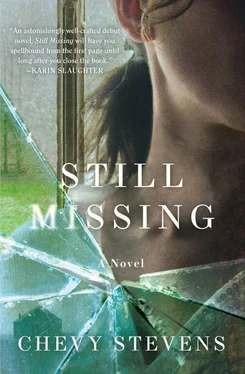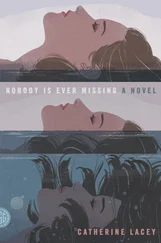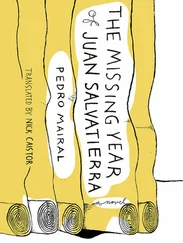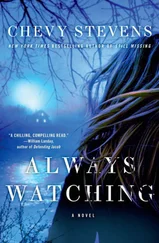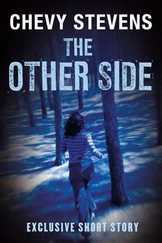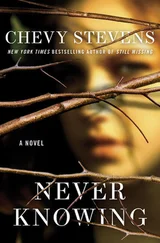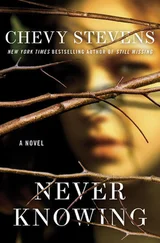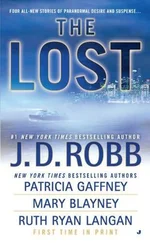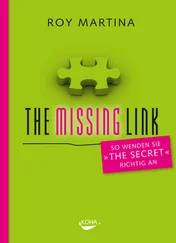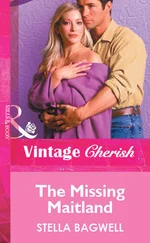His expression was calm, more curious than anything, and he was gentle when he wiped a bit of drool off her chin, even smiled, but the urge to go over and rip her out of his arms was powerful. Only fear of the consequences overrode it. Finally dinner was done, so I walked over on shaky legs, put out my arms for him to hand her to me, and said, “Your plate is ready.”
It took him a second to give her to me, and as he passed her through the air a look crossed his face that I’d never seen before. He let go. For a heartbeat she was in the air, and then she dropped. I leapt forward and caught her just before she would have hit the floor. With my heart hammering my chest so hard it hurt, I clutched her against me. He smiled and got up to eat his dinner, humming a tune under his breath.
In the middle of taking a bite, he paused and said, “Her name is Juliet.” I nodded, but no way was I naming her after his crazy mom. In my head I called her by her secret name, and other than you, I’ve never told anyone what he named her.
After that he picked her up sometimes, usually when I was doing something, like folding the laundry or cleaning. He always sat on the bed with her, rolled her onto her stomach, and then bent her arms and legs back. She never whimpered, so I don’t think he was hurting her, but I still wanted to run over and grab her—only the knowledge that he might hurt her to punish me held my feet fast. Eventually he’d put her back in her basket, but once he just left her on the edge of the bed like a toy he’d grown bored with. My body broke out in a cold sweat every time he went near her.
When I worked in the garden he let me take her outside with me, nestled in a little blanket tied around my neck. I loved being out there with her, seeing the vegetables I planted grow, smelling earth warmed by the sun, or just rubbing my hands over the down on my baby’s head. Saying I found some happiness up there feels wrong, because it’s like saying it was okay—it was never okay. But when I had my baby I did feel happy at least some of the time every day.
The Freak never let me outdoors unless he was working out there as well, but he usually had something going on, chopping wood, weatherproofing the shutters, staining some of the logs, so I made it out often. He wanted me to repaint the rocking chairs from the porch, and I took them down to the river with me to work on while I enjoyed the sun with my daughter.
If he was pleased with me, he let me just sit by the river when my chores were done. Those were good days, days when I wished I had a sketch pad to capture the contrast of my baby’s milky-white skin against the emerald-green grass, or the way she scrunched up her face when an ant crawled over her. Images of fireweed in bloom, sunlight dancing on the river, and the reflection of fir trees on its surface made my hands itch to paint. I thought if I could just get all that beauty on paper I’d have a way to remember there was still an outside world to return to when things got bad in the cabin, but when I asked The Freak for a sketch pad he said no.
Because it was warm, he had me doing laundry in the river every couple of days—he was big on conserving water. The stupid baths he made me take every night used up a ton of water, but I never said anything. Hell, I liked the way river water and sun made the clothes smell. A rope strung from an apple tree someone must have planted years ago to a corner of the cabin served as our clothesline. That was The Freak and me, a regular pioneer couple.
I first noticed the mallard duck floating around the edge of the river, where the water slowed down, before I had the baby. Sometimes other ducks were with him, but usually he was alone. If The Freak wasn’t looking in my direction, I stopped what I was doing and admired the duck. The first couple of times I went down to the river to wash clothes or just to sit, the duck flew off as soon as he spotted me. But when my baby was a week old I sat on a rock to rinse out some blankets and enjoy the feel of cool water on my hands, and the duck just moved to the opposite side of the river and paddled around, pecking at the water, catching bugs.
The Freak came down and handed me some bread. The gesture surprised me, but I was happy to be allowed to feed the duck.
Over the next few days I coaxed the duck closer and closer with the bread. Soon he was taking it out of my hand. I wondered if he ever flew over my house. He was a reminder of life beyond my narrow existence, and I couldn’t wait to get down to the river to see him every day, but I was careful not to let my excitement show. Practiced indifference was becoming second nature—I’d learned the hard way that letting The Freak know I liked something was the quickest way to end it.
He never let us out of his sight or running distance, but he usually left us alone down at the river. Sometimes I was even able to tune out his presence enough to convince myself I was just relaxing by the river on a typical summer day, smiling at my daughter’s growing awareness of the world. Before she was born, I’d wondered if she’d be able to sense the evil around her, but she was the happiest baby I’d ever been near.
My eyes had stopped searching the clearing for avenues of escape. I wouldn’t be able to move fast carrying her, and I knew my fears of what he might do if he caught us were probably tame compared to the reality.
When my daughter was two weeks old, The Freak came down to the river and crouched near me. As soon as the duck saw him it backed away from my hand and swam into the middle of the pool. The Freak tried to tempt him closer with bread, but the duck ignored him, and a flush crept up The Freak’s neck. My breath trapped in my throat, I prayed the duck would take it, but he didn’t, and finally The Freak dropped the bread and headed back up to the cabin, saying he had to get something ready for dinner. The duck came right back.
I heard a sickeningly loud explosion as his beautiful head blew up in front of me. Feathers floated in the air—landing on me, on the baby, on the river’s surface. Through the ringing in my ears, I heard screams and realized they were mine. I jumped up from my crouch and spun around. The Freak stood on the porch with a rifle in his hand. With my hands clamped over my mouth to hold in the screams, I stared at him.
“Bring it inside.”
My mouth struggled to form words. “Why did you—” But I was asking the air. He’d already left the porch.
With my baby’s wails expressing my own feelings, I waded into the river and grabbed what was left of the duck. Its head was practically gone and its poor bloody body was upside down, floating downstream.
Later that day I learned how to pluck feathers off a duck. I’ll never forget the smell. Tears welled up and spilled over the whole time, and no matter how often he told me to stop crying, and God knows I tried, sobs kept breaking free. With every feather I pulled out of that duck’s body, my guilt mounted. If I hadn’t tamed him, he’d still be alive.
When it was time to sit down and eat our roast duck dinner, I froze. The Freak sat opposite me, and between us, arranged on a big platter, was my duck. I had given in to demand after demand, but watching him carve up my symbol of freedom, I hated him like never before. My hand couldn’t lift the fork to my mouth. It didn’t take him long to notice.
“Eat your dinner, Annie.”
The only movement was tears down my face. It was bad enough I was the reason it was dead—I couldn’t eat it. The Freak grabbed a handful of meat, strode over to me, pried my mouth open, and shoved it in. While I gagged and choked—drowning in duck—he screamed at me.
“Chew it!”
His other hand held the back of my head so I couldn’t pull away, and once he’d shoved my mouth full, he clamped his other hand over my lips. I ate my duck. I had to.
Читать дальше
